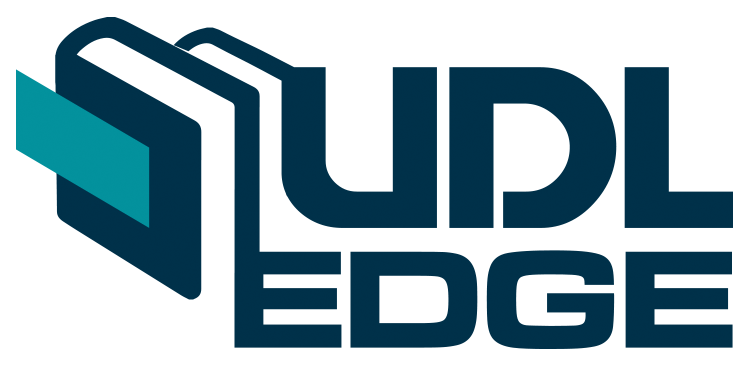SUSTAINABILITY JOURNALISM AS DISCOURSE AMONG CIVILIZATIONS: CONCEPT AND DIALOGUE
Keywords:
Journalism, sustainability, storytelling, discourse, civilisationAbstract
The news paradigm needs to embrace the dimensions of timelessness and transcendence as conceived and experienced by societies and civilizations. This paper suggests that a dialogue among civilizations be premised through the restructuring of modern journalism to word the approach of Sustainability Journalism and the discourses produced thereof. It proposes Sustainability Journalism as a form of storytelling, discourse and dialogue in the post-industrial world. It does not assume that Sustainability Journalism is a new concept. It is more of a perspective on how we can engage ourselves both as producers and receivers of information in the continuous flux of storytelling in the modern context. It attempts to transcend the aesthetic/pragmatic dichotomy of the function of modern news. Subsequently, dialogue suggested through the platform is aimed at creating a worldview on sustainability, in which different cultural and value systems are intertwined. To be an effective platform, it is suggested that Sustainability Journalism be integral to journalism education. The reportage of God and Man as well as the civilizational aspects of religions need to be corrected from error and distortion. Such measures would at least create a consciousness to society and media consumers and hence encourage and generate further discourse amongst different communities, ethnicities, religious adherents, civil societies and polities within and across different civilizations.
Downloads
Downloads
Published
How to Cite
Issue
Section
License
Articles submitted to the journal should not have been published before in their current or substantially similar form, or be under consideration for publication elsewhere. Authors submitting articles for publication warrant that the work is not an infringement of any existing copyright and will indemnify the publisher against any breach of such warranty. For ease of dissemination and to ensure proper policing of use, papers and contributions become the legal copyright of the publisher unless otherwise agreed. By submitting a manuscript, the author(s) agree that copyright for the article is transferred to the publisher, if and when the manuscript is accepted for publication. However, it can be reprinted with a proper acknowledgment that it was published in KATHA.

This work is licensed under a Creative Commons Attribution-NonCommercial-NoDerivatives 4.0 International License.




